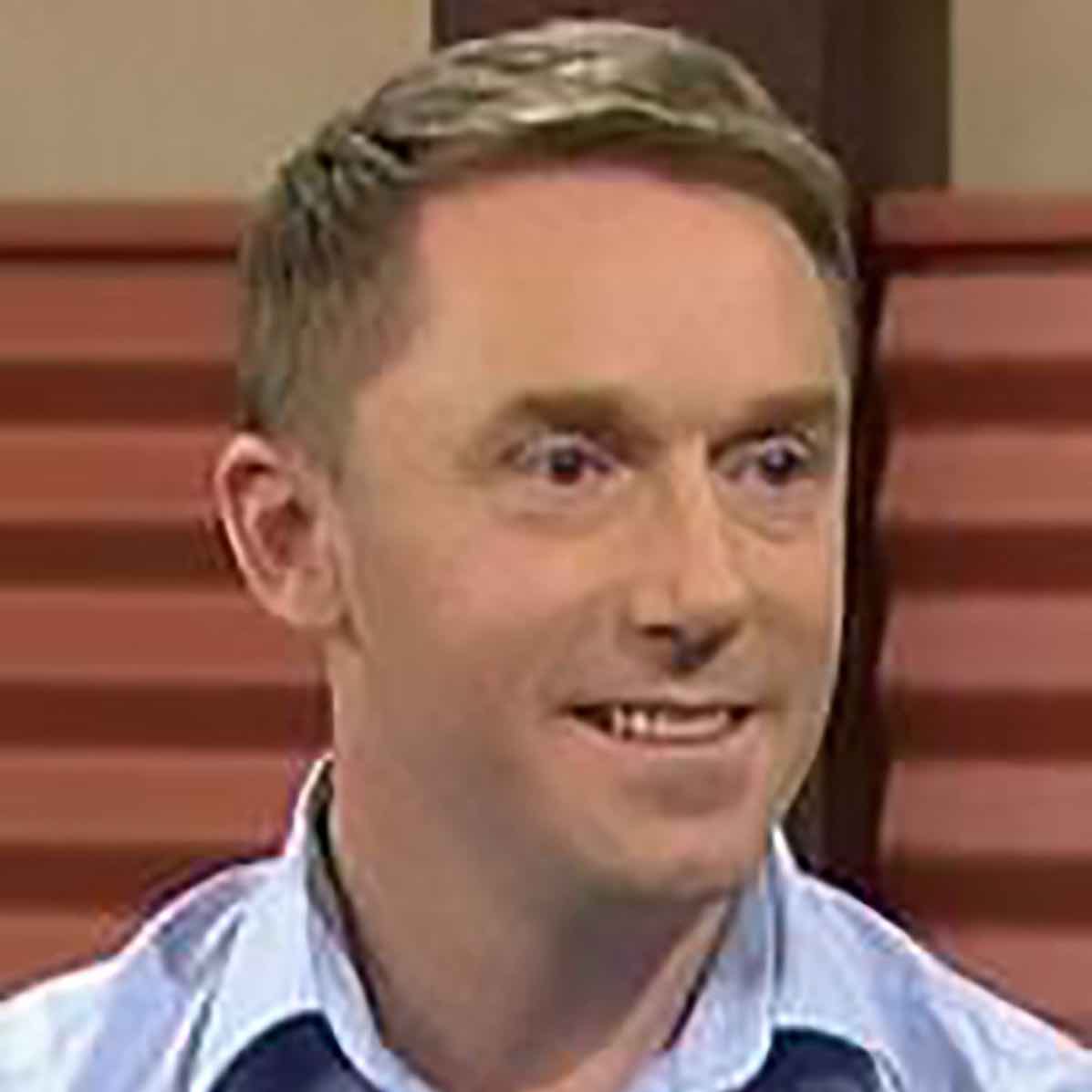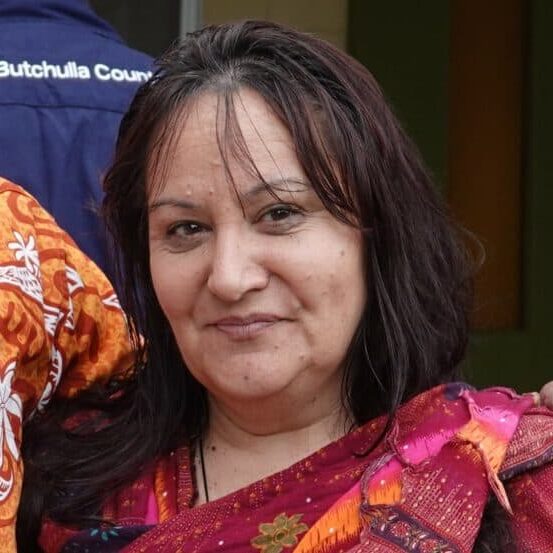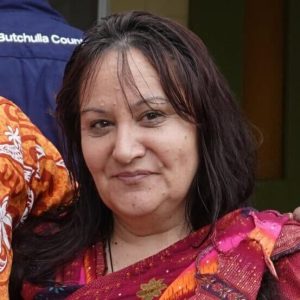Our Story
Governance
Sponsors
About Us
A Citizen Science project working to protect one of New Zealand’s most important icons
About Us
A Citizen Science project working to protect one of New Zealand’s most important icons
Our story
Governance
Sponsors
Our Story
A Citizen Science initiative
The Kauri Rescue™ project otherwise known as Community Control of Kauri Dieback: Tiaki Kauri seeks to engage the public in refining new citizen science tools for the treatment of kauri dieback disease, which is decimating kauri forests in northern New Zealand.
Learn the story of Kauri Rescue™ on our Storymap website: Rescuing Kauri One Tree at a Time.
Who we are
In 2015 a Waitākere resident concerned about dying kauri on her property approached Dr Ian Horner from Plant & Food Research after finding an article about his phosphite research on the internet.
Dr Mels Barton a kauri dieback advocate and resident in the Waitākeres also lobbied Ian and Auckland Council to enable private landowners to treat their own trees.
In 2016 Dr Ian Horner gathered a team of scientists, social scientists, iwi and community to put together a funding bid to the Biological Heritage National Science Challenge for a citizen science project to treat diseased kauri on private land and collect science data on using different concentrations and doses of phosphite. The project brought together people with a rich mix of science, biosecurity, mātauranga Māori, social science and local expertise. The team included:
- Dr Mels Barton.
- Lee Hill, a specialist in kauri dieback surveillance and phosphite treatment protocols.
- Waitangi Wood, who bought a deep understanding of Mātauranga Māori.
- Dr Nick Waipara, a plant pathologist and kauri dieback specialist from Plant & Food Research.
- Dr Marie McEntee, a social scientist from the University of Auckland was brought into the team to guide community engagement.
- Dr Linley Jesson from Plant and Food also joined the team as a biostatistician.
The project initially set up in the Waitākeres, and so Waitangi and Nick also engaged with the local mana whenua – Te Kawerau ā Maki.
Partnerships were established with agency staff from the councils in Auckland, Northland and the Waikato to provide local connections.
What we do
The team recruits private landowners to work alongside scientists to keep their kauri healthy. If they wish do so the landowners can treat their own trees with a chemical called phosphite, which has shown great promise in Kauri Dieback Programme funded scientific trials, by enabling kauri to fight back against the Phytophthora agathidicida pathogen that causes kauri dieback disease.
The initial Kauri Rescue™ pilot study involved a small number of private landowners to test and refine the methodology before expanding this to a larger group in phase 2 of the project. Phase 3 of the project encouraged increased uptake by landowners in the Auckland Region and the current phase 4 is using a revised and simplified methodology to enable the work to be done more quickly and efficiently with more consistent and accurate data collection. In 2023/24 it is hoped that the project will expand to also cover kauri lands outside the Auckland Region.
The Kauri Rescue™ project will enable the testing of other treatment techniques that have demonstrated efficacy against the kauri dieback pathogen in lab, glasshouse, or field trials. We are also willing to test mātauranga Māori solutions if they are offered to us by mana whenua. We will encourage landowners who trial any alternative methods to collect efficacy data, to add to the pool of knowledge on kauri health and treatment
How we are funded
Following initial funding from the Biological Heritage National Science Challenge and subsequent support from Tiakina Kauri, Kauri Rescue™ is currently funded by grants from Auckland Council, Watercare, Foundation North and the NZ Lottery Grants Board.
The Biological Heritage National Science Challenge’s Ngā Rākau Taketake: Saving Our Iconic Trees programme funded a three year project to monitor trees treated with phosphite as well as a two year social science project. This funding has now ended.
Kauri Rescue™ is now a charitable trust and is interested in partnership and building long term relationships with anyone wanting to support kauri health. If you would like to help support the project please click here
Governance
Board of Trustees
As a charitable trust, overall governance is provided by our board of trustees.

Mike Stanley
Trust Board Chair
Mike has enjoyed a wide ranging career in sports management and governance and is currently the CEO of AUT Millennium and President of the NZ Olympic Committee.
Mike and his wife Jane have treated hundreds of kauri on their Silverdale property as part of the Kauri Rescue™ programme and support ongoing research into the effects of kauri dieback disease.

Dr Ian Horner
Trustee and TAG Chair

Leonie Osborne
Treasurer & Secretary (ex-officio)
Leonie is a co-director at Paranui Consulting Ltd. She juggles her various roles between being a mother of two active boys, a member to multiple boards and running a business from home. She is passionate about our native taonga species and is in her element helping the Kauri Rescue Trust flourish the best way she can.

Dr Nick Waipara
Trustee, Tangata Whenua Rep and TAG Member
Nick has a background in bioprotection based research specialising in plant pathology, mycology, biocontrol and environmental microbiology. He was employed at Auckland Council for 10 years as Principal Biosecurity Advisor. Nick has a particular interest in research which incorporates mātauranga Māori to help improve management of biosecurity threats as well as mitigate future risks to primary production and native ecosystems. He currently works for Plant & Food Research and is the Tangata Whenua Representative on the Kauri Rescue Trust.
Technical Advisory Group (TAG)
The technical advisory group chaired by Dr Ian Horner with Waitiangi Wood as Deputy Chair, provide technical advice and provide the operational infrastructure for Kauri Rescue™. Click/tap on the profile to learn more about each member of the team.

Dr Mels Barton
Project Coordinator and TAG member

Lee Hill
Technical Coordinator and TAG member

Waitangi Wood
TAG Deputy Chair

Dr Linley Jesson
Data Advisor and TAG member
Our Partners & Sponsors
Kauri Rescue™ thanks our current funders for their ongoing support:
Kauri Rescue™ thanks our past funders for their previous support:
 Dr Mels Barton
Dr Mels Barton
An environmental scientist turned coordinator, campaigner, organiser, networker and environmental advocate, Mels runs her own communications consultancy Subliminal Ltd and works with many community organisations and not-for-profits including The Tree Council, Revive Our Gulf, Living Wage Aotearoa New Zealand and is Chair of the Titirangi Residents & Ratepayers Association and the Waitakere Ranges Combined R&R Group. She is a former Trustee of Ecomatters Environment Trust and the Weedfree Trust and was Secretary of Friends of Regional Parks and the Waitakere Ranges Protection Society for many years. She was the National and Auckland Coordinator of NZAEE Seaweek from 2011-2019.
Mels has a degree in Geology and Physical Geography and PhD in estuarine sediment transport processes. She worked for Environment Agency Wales for 9 years, culminating as the Water Quality Consents Manager for Wales. She worked for Te Atatu Labour MP Phil Twyford as his Issues Assistant for 5 years. Mels has lived in Titirangi, west Auckland since emigrating from Wales in 1999 & in her spare time she enjoys hanging out with her horses, walking her dogs and enjoying the incredible landscapes and natural environment we are surrounded by in Aotearoa
Dr Mels Barton
An environmental scientist turned coordinator, campaigner, organiser, networker and environmental advocate, Mels runs her own communications consultancy Subliminal Ltd and works with many community organisations and not-for-profits including The Tree Council, Revive Our Gulf, Living Wage Aotearoa New Zealand and is Chair of the Titirangi Residents & Ratepayers Association and the Waitakere Ranges Combined R&R Group. She is a former Trustee of Ecomatters Environment Trust and the Weedfree Trust and was Secretary of Friends of Regional Parks and the Waitakere Ranges Protection Society for many years. She was the National and Auckland Coordinator of NZAEE Seaweek from 2011-2019.
Mels has a degree in Geology and Physical Geography and PhD in estuarine sediment transport processes. She worked for Environment Agency Wales for 9 years, culminating as the Water Quality Consents Manager for Wales. She worked for Te Atatu Labour MP Phil Twyford as his Issues Assistant for 5 years. Mels has lived in Titirangi, west Auckland since emigrating from Wales in 1999 & in her spare time she enjoys hanging out with her horses, walking her dogs and enjoying the incredible landscapes and natural environment we are surrounded by in Aotearoa
Lee Hill
After graduating from the University of Exeter, England, Lee worked in a Haematology Laboratory of a Hospital before deciding to travel. After a few years he found himself in New Zealand and immediately fell in love with the environment and people. After volunteering on a number of conservation projects he began work on the first large scale survey of kauri dieback within the Waitakere Ranges Regional Park. Lee has worked on kauri dieback for the past 10 years over which time he has been part of a team tasked with developing and implementing a management strategy on a regional and national scale. The work has allowed him to be involved with all aspects of delivering such a programme from field investigations of symptomology, small and large scale surveillance projects though to working in multi-organisational and stakeholder groups making operational and policy changes aimed at preventing pathogen spread. A large portion of the work has also been in research on the disease, its impacts and investigating potential treatments. Lee was the Senior Advisor – Kauri Dieback at Auckland Council for several years and now works for BioSense.
Lee Hill
After graduating from the University of Exeter, England, Lee worked in a Haematology Laboratory of a Hospital before deciding to travel. After a few years he found himself in New Zealand and immediately fell in love with the environment and people. After volunteering on a number of conservation projects he began work on the first large scale survey of kauri dieback within the Waitakere Ranges Regional Park. Lee has worked on kauri dieback for the past 10 years over which time he has been part of a team tasked with developing and implementing a management strategy on a regional and national scale. The work has allowed him to be involved with all aspects of delivering such a programme from field investigations of symptomology, small and large scale surveillance projects though to working in multi-organisational and stakeholder groups making operational and policy changes aimed at preventing pathogen spread. A large portion of the work has also been in research on the disease, its impacts and investigating potential treatments. Lee was the Senior Advisor – Kauri Dieback at Auckland Council for several years and now works for BioSense.
Waitangi Wood
Waitangi lives in Northland where she runs her own communications consultancy.
Waitangi Wood
Waitangi lives in Northland where she runs her own communications consultancy.
Dr Linley Jesson
She enjoys exploring, understanding and communicating information from data. Particular interest in applying new technologies, and developments in data science, to enhance the range of scientific questions addressed at Plant & Food Research.
Linley advises Kauri Rescue on data analysis and management.
Dr Linley Jesson
She enjoys exploring, understanding and communicating information from data. Particular interest in applying new technologies, and developments in data science, to enhance the range of scientific questions addressed at Plant & Food Research.
Linley advises Kauri Rescue on data analysis and management.







